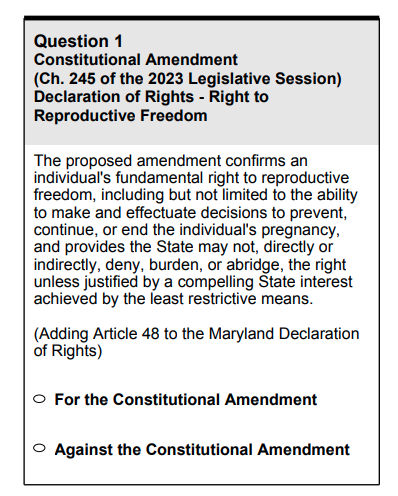As of Sept. 22, the Barbie movie has made over 1.4 billion dollars worldwide. It has surpassed all recent films and currently is the highest-grossing movie of the year. But what led to its success?
In recent years, connotations surrounding Barbie have become increasingly negative. People questioned the doll‘s look, as her proportions were not healthily achievable. Barbie‘s reinforcement of the dumb blonde stereotype also raised concerns.
Mattel, the brand behind Barbie, decided to try and escape those associations and reangle Barbie towards more modern and feminist ideals.
“I think that rebranding is a positive thing,” sophomore Elena Morell said. “Whether they‘re doing it because they realize that the image they‘re promoting is actually detrimental…or just want to not be canceled. I think that either way, it does have a positive impact.”
As Mattel released new dolls and features, creating a Barbie-themed movie attracted lots of support. But Mattel needed the film to be perfect, for if done wrong, the Barbie brand could lose even more public support. So, in comes Oscar-nominated director and screenwriter Greta Gerwig.
Gerwig co-wrote the movie and later became the director to incorporate even more of her ideas into the production. Through her unique approach, she blended an eccentric sense of humor, bright colors and Barbie with deep concepts like feminism and death.
“I think the fact that it was such an odd concept appealed to people,” Morell said. Hollywood had needed some oddness after multiple movies from big companies like Marvel and DC performed subpar.
But, of course, there were some controversies surrounding the portrayal of men in the movies. Some people called it “feminist garbage” and thought it seemed very “anti-men.”
Those critiques emerged from a central plot point in the film *spoiler alert* where the Barbies subjected the Kens to a similar level of sexism that women once faced. Ken (Ryan Gosling) then learns of the patriarchy and institutes it in their hometown: Barbie Land. To counter this, the Barbies reclaim the land by delivering feminist speeches to one another.
“I think a lot of people, particularly those who believe all feminists hate men, would take it as [a] direct ‘women are just saying that they hate us’,” sophomore Sophia Burkhard said. “I did not take it that way. I saw the movie’s directness of women empowerment… while, yes, it was staring you right in the face, it is something that should be staring you right in the face.”
One of the most powerful aspects of the film was America Ferrera’s (the mother, Gloria) monologue, where she explains the impossible and contradictory standards women are subject to. For example, women must be thin, but not too thin. Women must be a boss, but not too mean. The list goes on.
“I definitely relate to it…I think that that was really accurate, the double standards,” Morell said.
Even with some controversies, it‘s undeniable that the Barbie movie was a smashing success. From becoming a boyfriend test, where TikTokers would assess their partner’s reactions to the movie, to the album remaining at number three on the Billboard 200 for many weeks (featuring artists as renowned as Billie Eilish, Dua Lipa, Lizzo, Ice Spice and Nicki Minaj), none can deny the phenomenon it has become.
Perhaps the reason it has the impact it has is because the societal pressure Barbies feel in their dreamland is not at all far-fetched from our patriarchal reality today. And perhaps the reason it has garnered the criticism it has is because it flips the gender roles, so that men are uncomfortable with the Kens being portrayed as one-dimensional or forgettable.
“To see men portrayed this way, it’s like, that’s how we feel, there’s some common ground. You can sort of empathize now. This is how [women] feel all the time—this is real life and not a movie for us,” Morell said.













